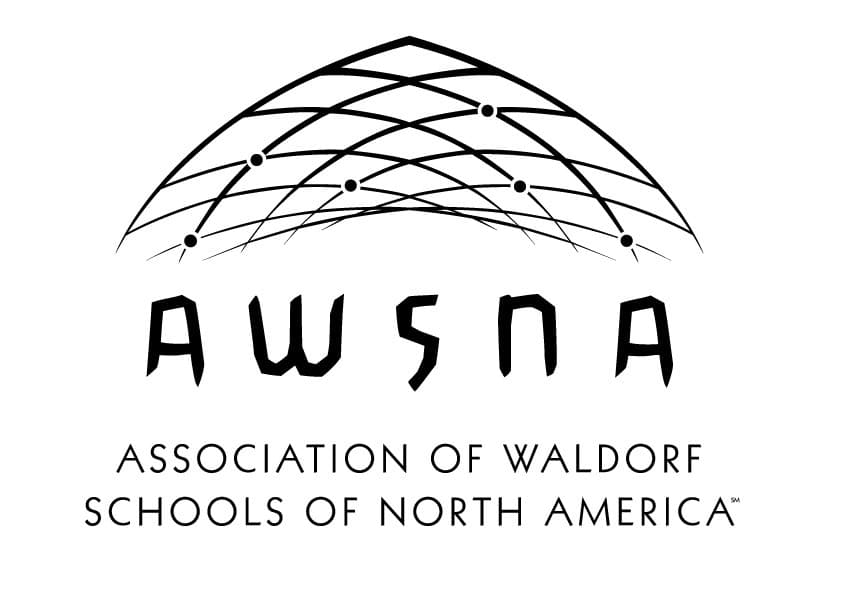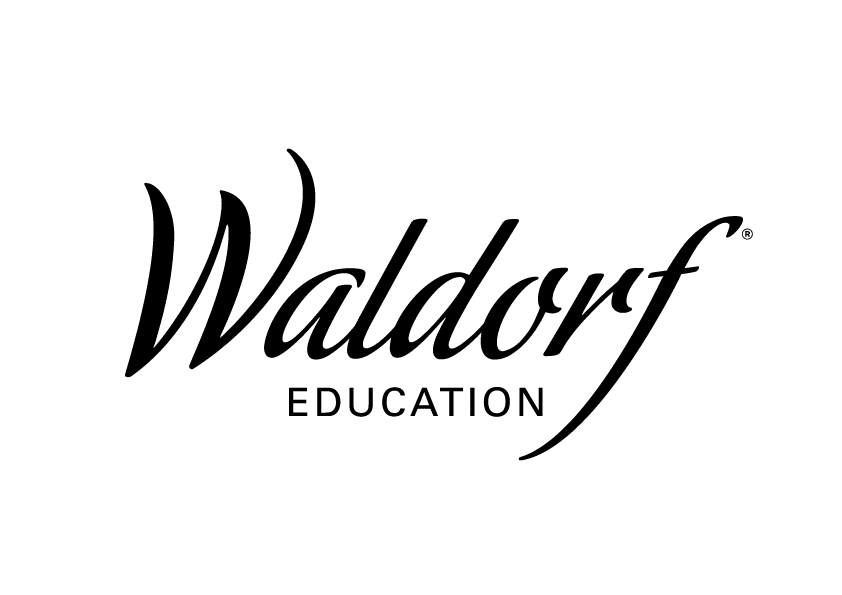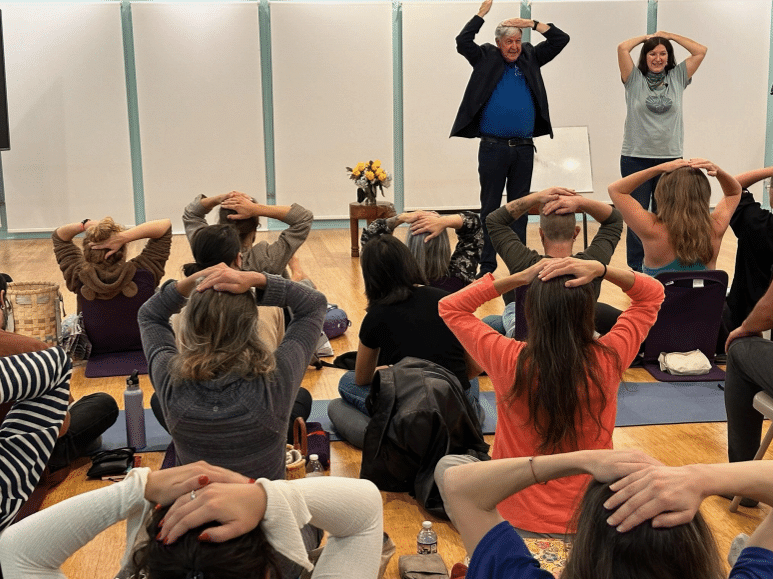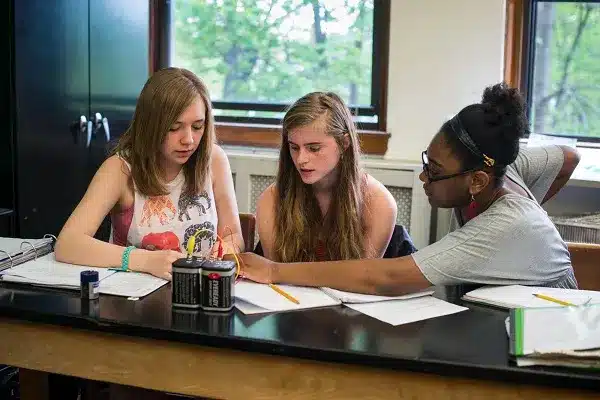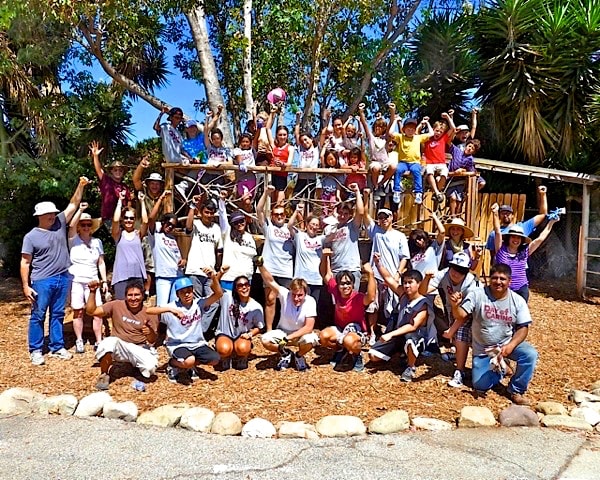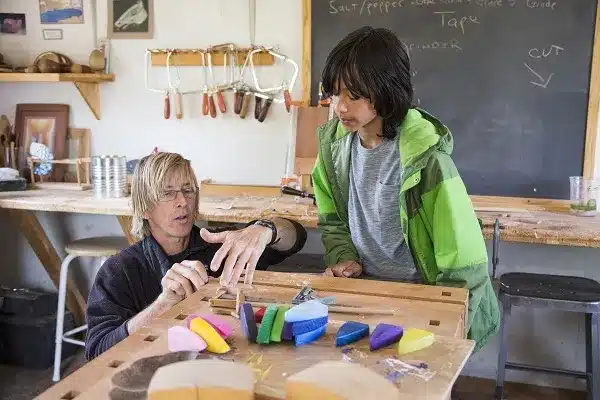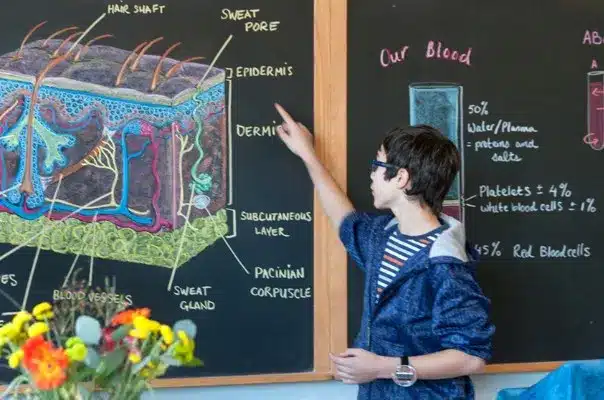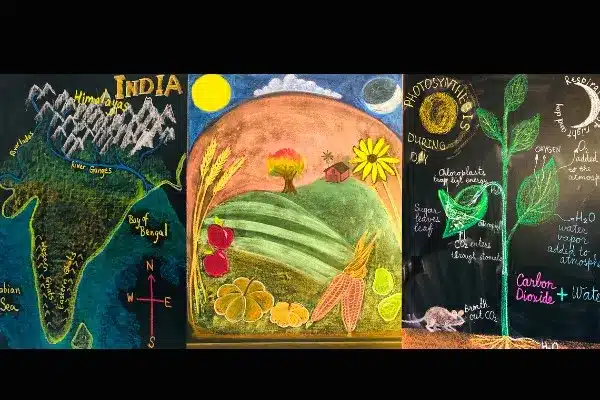Trauma Team Helps Asheville Waldorf School Community
The Asheville Waldorf School recently held a series of workshops with both parents and students to help heal their community from the impact of hurricane Helene. Collaborating with an international team of 14 volunteers — led by Bernd Ruf, co-founder of the Free Waldorf School in Karlsruhe, Germany — the school offered a series of […]
Trauma Team Helps Asheville Waldorf School Community Read More »
